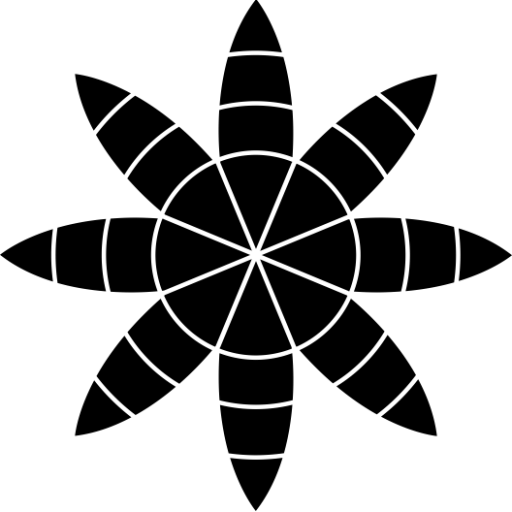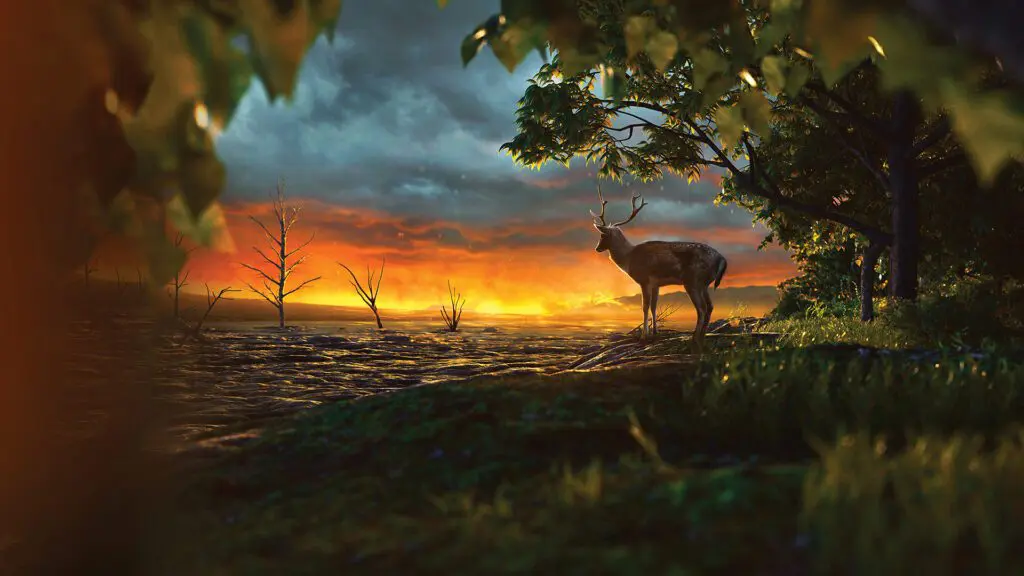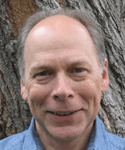There’s a collective trauma that’s going on, namely climate change. Loss of species, pollution of many kinds, and global warming have radically altered our environment. We may try to avoid it, deny it or distract ourselves from it, but the anxiety remains. Jeffrey Kiehl encourages us to face our fears. His view is scientific and soulful, sober and tender. He offers a deeply spiritual view of the endangered state of our natural world and our place in it. Soulful activities like enjoying art, letting the imagination play, and forming dream groups are needed just as much as social action.
Jeffrey explains how the psyche is a self-balancing system, both on a personal and collective level. Knowing this, we’re better equipped to hold the tension rather than try to medicate or distract it away with busyness and buying. When we make the time and space for the ego and unconscious to converse we serve as midwives to the birth of a new living symbol. The new symbol that emerges bridges humans back to nature.
Jeffrey presents ecopsychology through Jung’s map of the psyche, Jung’s quintessential quotes and stories. Beginning with the center of consciousness, the ego, we see how our personal development and personal complexes influence our perception and experience of nature. Next Jeffrey explores how cultural complexes have contributed to our separation from nature. As we enter the still deeper realm of the collective unconscious we encounter the archetypal dimensions of environmental issues.
Finally, Jeffrey considers synchronicities and the play of imagination as pathways to healing our split with nature. He offers his own favorite healing practices to reconnect us with our deepest inner nature. With support and tender attention we can reach the place where we realize we are kin to all beings. When we live from this experience of unity we are helping to heal humanity’s collective estrangement from the natural world.
Course Overview:
Class 1: Overview: Jung and ecopsychology
Jeffrey opens with an introduction to Jung’s concept of individuation. The individuation process connects us to both outer and inner worlds. We become who we are through nature, not apart from it. Jeffrey briefly shares some facts about global warming and our increasingly indoor life. He presents Jung’s map of the psyche and the Unus Mundus. He discusses ego development and touches on Jungian typology. He concludes with an overview of how different states of consciousness, from participation mystique to rationality and back to Unus Mundus, affect how we see and relate to the world.
Class 2: Projection and the Unconscious
In this class Jeffrey begins by presenting and then questioning Jung’s view of projection. He shares Jung’s “geological” map of the psyche. He looks at how the personal unconscious influences our perception of the environment, including how complexes and defenses alter our ability to integrate feelings about nature. He considers the role cultural complexes play in how we perceive and value the natural environment and concludes with a discussion of how individualism affects our relationship to nature.
Class 3: Archetypes and Nature
Jeffrey begins by offering practical answers to the question “What can I do about the climate crisis?” Then he explores the archetypal dimensions of psyche and nature. He considers the role archetypal motifs play in our ability to connect to the natural world. He talks about mythic structures currently active around the issue of climate chaos and ends with a look at Jung’s concept of the self-regulation of psyche and nature. We learn about the importance of waiting. We need to trust that a living symbol will emerge in response to our willingness to hold the tension rather than flee from it .
Class 4: The psychoidal realm and Unus Mundus
The psychoidal realm is where psyche and matter are one. Jeffrey explores how psychoidal processes provide the basis for experiencing the soul of nature. He relates how the concept of the unus mundus opens us to the experience of interdependence. An attitude of humility is essential. He concludes the series with healing practices from the Jungian lineage that can deepen our relationship with the sacredness of the everyday world.



